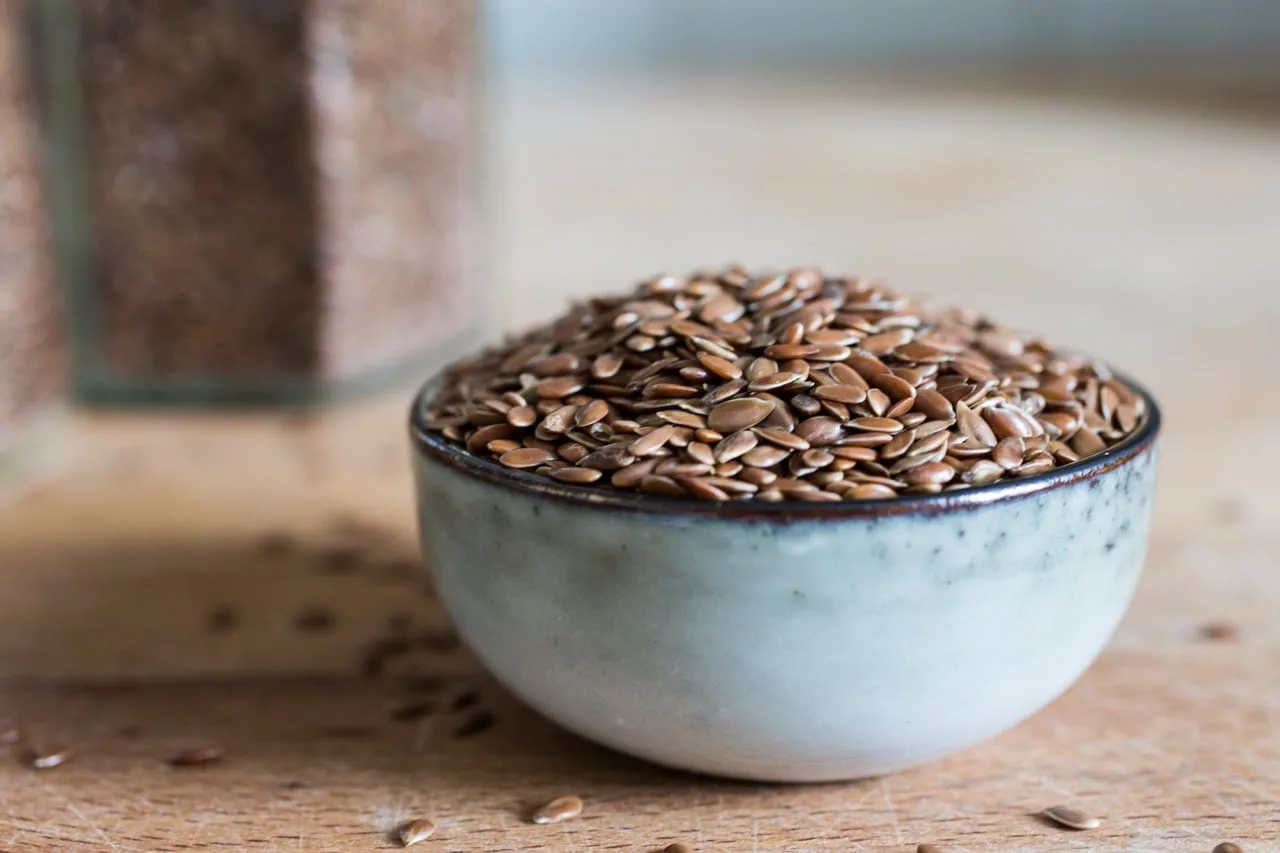Exploring the Health Benefits of Flaxseeds
Introduction
Flaxseeds, derived from the flax plant, are tiny seeds packed with essential nutrients and health benefits. They are versatile and can be incorporated into various dishes to enhance both taste and nutritional value. Flaxseeds are known for their mild, crispy, and nutty flavor, making them a popular ingredient in many recipes. However, not only are they beneficial for our health, but flax plants are also used in the textile industry to produce linen and other textile products.
The Nutritional Value of Flaxseeds
Flaxseeds come in various forms, such as whole, powdered, brown, and golden. They are a rich source of plant protein and antioxidants like lignan and Alpha Linolenic Acid (ALA). Adding flaxseeds to your diet can provide a range of health benefits.
Although there are no set guidelines for consuming flaxseed, approximately 1-2 tablespoons per day is considered a healthy amount. Here is the nutritional content of 1 tablespoon of whole flaxseeds:
- Calories: 55
- Total Fat: 4.3g
- Saturated Fat: 0.4g
- Polyunsaturated Fat: 2.9g
- Monounsaturated Fat: 0.8g
- Carbohydrates: 3g
- Dietary Fiber: 2.8g
- Protein: 1.9g
Please note that these nutritional values may vary slightly depending on the variety and processing of the flaxseeds. Grinding the flaxseeds can also affect their nutritional profile, as it makes the nutrients more accessible to the body.
Health Benefits of Flaxseeds
- Weight Management: Flaxseeds are rich in dietary fiber, which can help maintain optimum weight by promoting a feeling of fullness and reducing cravings. Including flaxseeds in your diet can be particularly beneficial for individuals who frequently snack between meals.
- Blood Pressure Regulation: Adding flaxseeds to your diet can help lower blood pressure. Studies have shown that consuming approximately 30g of flaxseeds daily for at least six months can reduce systolic blood pressure by 10 mm Hg and diastolic blood pressure by 7 mm Hg. However, it’s important to note that if you are already taking medications to control your blood pressure, it is advisable to consult with your healthcare provider before making any dietary changes.
- Blood Sugar Control: The high fiber content of flaxseeds can slow down the release of sugar into the bloodstream. Consuming 10 to 20 grams of flaxseeds daily for a month can reduce blood sugar levels by 8 to 20% in individuals with type 2 diabetes.
- Cholesterol Management: Flaxseeds are effective in reducing cholesterol levels, especially “bad” LDL cholesterol. Studies have shown that daily consumption of flaxseed powder for three months can lead to a 17% decrease in cholesterol levels in individuals with high cholesterol. Additionally, flaxseeds can increase the levels of “good” HDL cholesterol by 12%.
- Cancer Prevention: Flaxseeds contain lignans, plant compounds with estrogen and antioxidant properties. These lignans can lower the risk of developing different types of cancer. Research has shown that higher consumption of flaxseeds and a balanced diet can reduce the risk of breast, skin, prostate, and colon cancers.
- Women’s Health Benefits: Flaxseeds contain lignans, which are phytoestrogens that can help regulate hormonal balance. They may enhance fertility by promoting regular ovulation and hormonal equilibrium, increasing the chances of conception. For post-menopausal women, flaxseeds can protect against cardiovascular issues and contribute to heart health.
Potential Side Effects and Precautions
While flaxseeds offer numerous health benefits, it’s important to be aware of potential side effects and precautions.
- Flaxseeds contain lignans, which can interact with estrogen receptors in the body. Individuals with hormonal imbalances or conditions like endometriosis should exercise caution when consuming flaxseeds.
- Pregnant women are advised to be cautious with flaxseed consumption due to their phytoestrogen content. It’s advisable to consult with healthcare providers before adding flaxseeds to the diet during pregnancy.
- Some individuals may have allergies to flaxseeds, resulting in digestive discomforts such as gas, bloating, constipation, diarrhoea, or stomach aches. Consulting a healthcare professional is recommended if you suspect an allergy or experience adverse symptoms after consuming flaxseeds.
Incorporating Flaxseeds Into Your Diet
If you are trying flaxseeds for the first time, it is recommended to start gradually and observe any reactions. They can have a slightly soapy texture when consumed plain, so adding them to dishes like fruit cups or salads can enhance both flavor and nutritional value. Adding ground flaxseeds to whole wheat flour when making bread or rotis can also increase your family’s intake of flaxseeds.
Conclusion
Flaxseeds are a valuable addition to any diet plan, offering excellent nutritional value and numerous health benefits. Incorporating flaxseeds into your daily intake can aid in weight management, regulate blood pressure and blood sugar levels, reduce cholesterol levels, minimize cancer risks, and support women’s health. However, it’s important to be mindful of potential side effects and individual suitability.
Disclaimer: This article aims to raise awareness and provide information and should not substitute professional medical advice. It’s always recommended to consult with healthcare professionals for personalized guidance.







